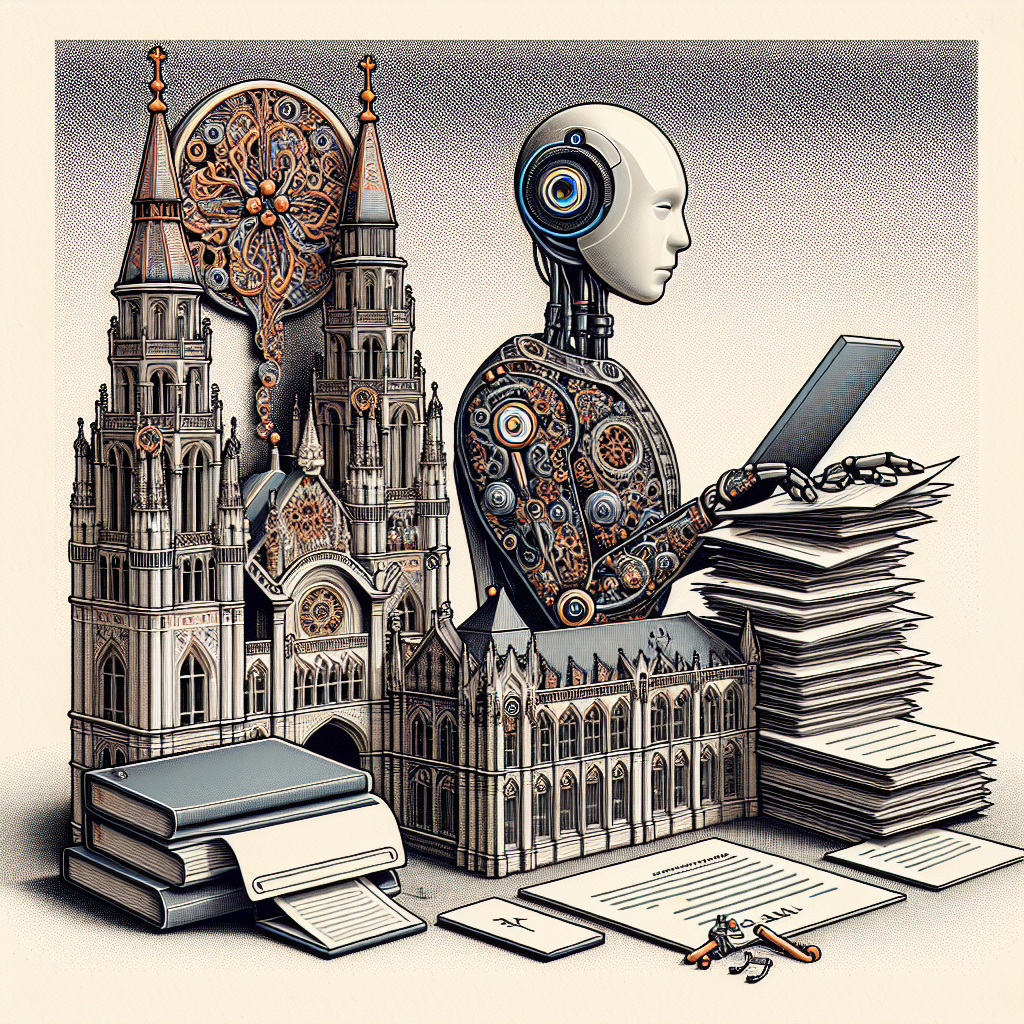In recent years, artificial intelligence (AI) has been making significant strides in various industries, and higher education admissions is no exception. AI technology is revolutionizing the way universities and colleges evaluate and select potential students, making the admissions process more efficient, accurate, and personalized.
AI in higher education admissions is being used in various ways, from analyzing application data to predicting student success and retention rates. This technology has the potential to transform the admissions process, providing valuable insights that can help institutions make better decisions and improve the overall student experience.
One of the key benefits of AI in higher education admissions is its ability to analyze large amounts of data quickly and accurately. By using machine learning algorithms, AI can process and evaluate thousands of applications in a fraction of the time it would take a human admissions officer. This not only speeds up the admissions process but also ensures that all applications are evaluated fairly and consistently.
Another advantage of AI in admissions is its ability to predict student success and retention rates. By analyzing various factors such as academic performance, extracurricular activities, and personal essays, AI can provide insights into which students are likely to succeed at a particular institution. This can help universities make more informed decisions when selecting applicants and ultimately improve student outcomes.
AI can also personalize the admissions process for students, providing tailored recommendations and guidance based on their individual strengths and weaknesses. For example, AI-powered chatbots can interact with applicants in real-time, answering questions and providing support throughout the admissions process. This personalized approach can help students feel more engaged and supported during the application process, leading to higher satisfaction and retention rates.
Despite the many benefits of AI in higher education admissions, there are some potential challenges and concerns to consider. One of the main concerns is the issue of bias in AI algorithms. If not properly designed and implemented, AI systems can inadvertently perpetuate biases in the admissions process, such as favoring certain demographics or penalizing others. It is essential for institutions to be aware of these potential biases and take steps to mitigate them through proper training and oversight.
Another challenge is the impact of AI on the role of admissions officers. While AI can streamline the admissions process and provide valuable insights, it cannot replace the human touch and judgment that admissions officers bring to the table. It is important for institutions to strike a balance between leveraging AI technology and maintaining the personal touch that is essential in the admissions process.
Overall, the rise of AI in higher education admissions represents a significant shift in how universities and colleges evaluate and select students. By harnessing the power of AI technology, institutions can make the admissions process more efficient, accurate, and personalized, ultimately leading to better outcomes for both students and institutions.
FAQs:
1. How is AI used in higher education admissions?
AI is used in higher education admissions in various ways, such as analyzing application data, predicting student success and retention rates, and providing personalized recommendations and support to applicants.
2. What are the benefits of AI in admissions?
Some of the benefits of AI in admissions include faster processing of applications, more accurate evaluation of applicants, personalized recommendations for students, and improved student outcomes.
3. What are some challenges of using AI in admissions?
Some challenges of using AI in admissions include the potential for bias in algorithms, the impact on the role of admissions officers, and the need to strike a balance between leveraging AI technology and maintaining a personal touch in the admissions process.
4. How can institutions mitigate bias in AI algorithms?
Institutions can mitigate bias in AI algorithms by ensuring proper design and implementation, providing training and oversight for AI systems, and being aware of potential biases in the admissions process.
5. What is the future of AI in higher education admissions?
The future of AI in higher education admissions looks promising, with continued advancements in technology and an increasing focus on improving the admissions process for both students and institutions. As AI technology continues to evolve, it is likely to play an even greater role in shaping the future of higher education admissions.

